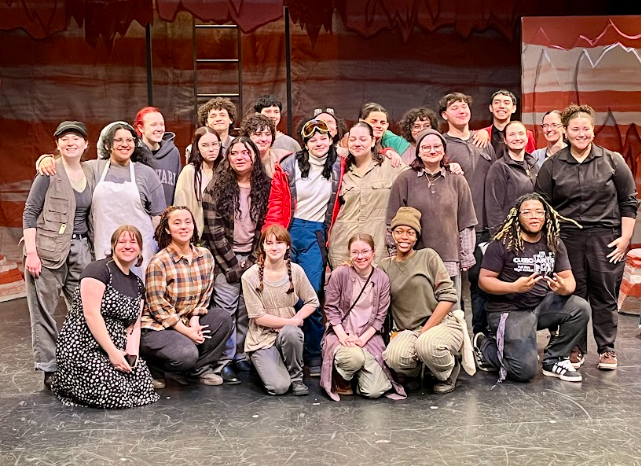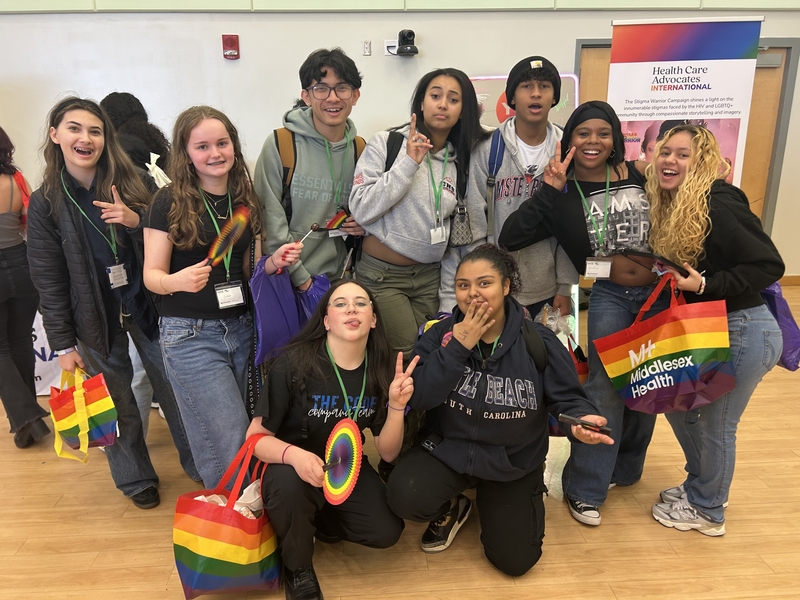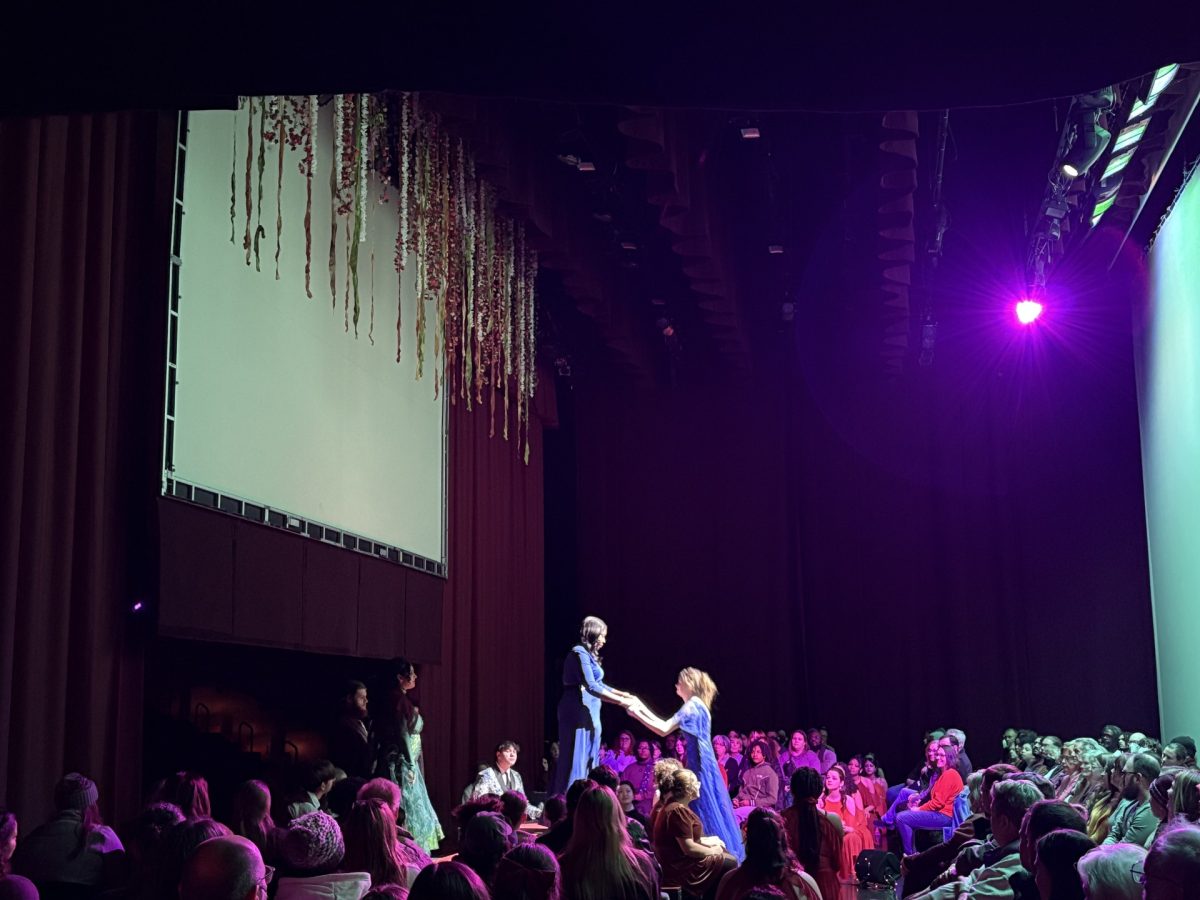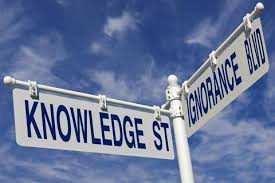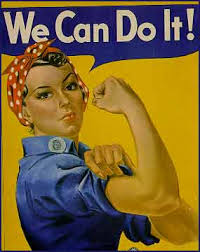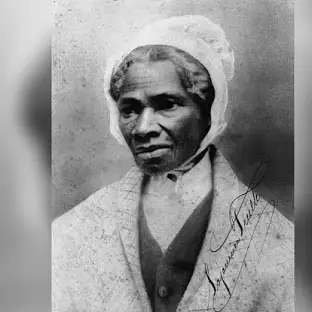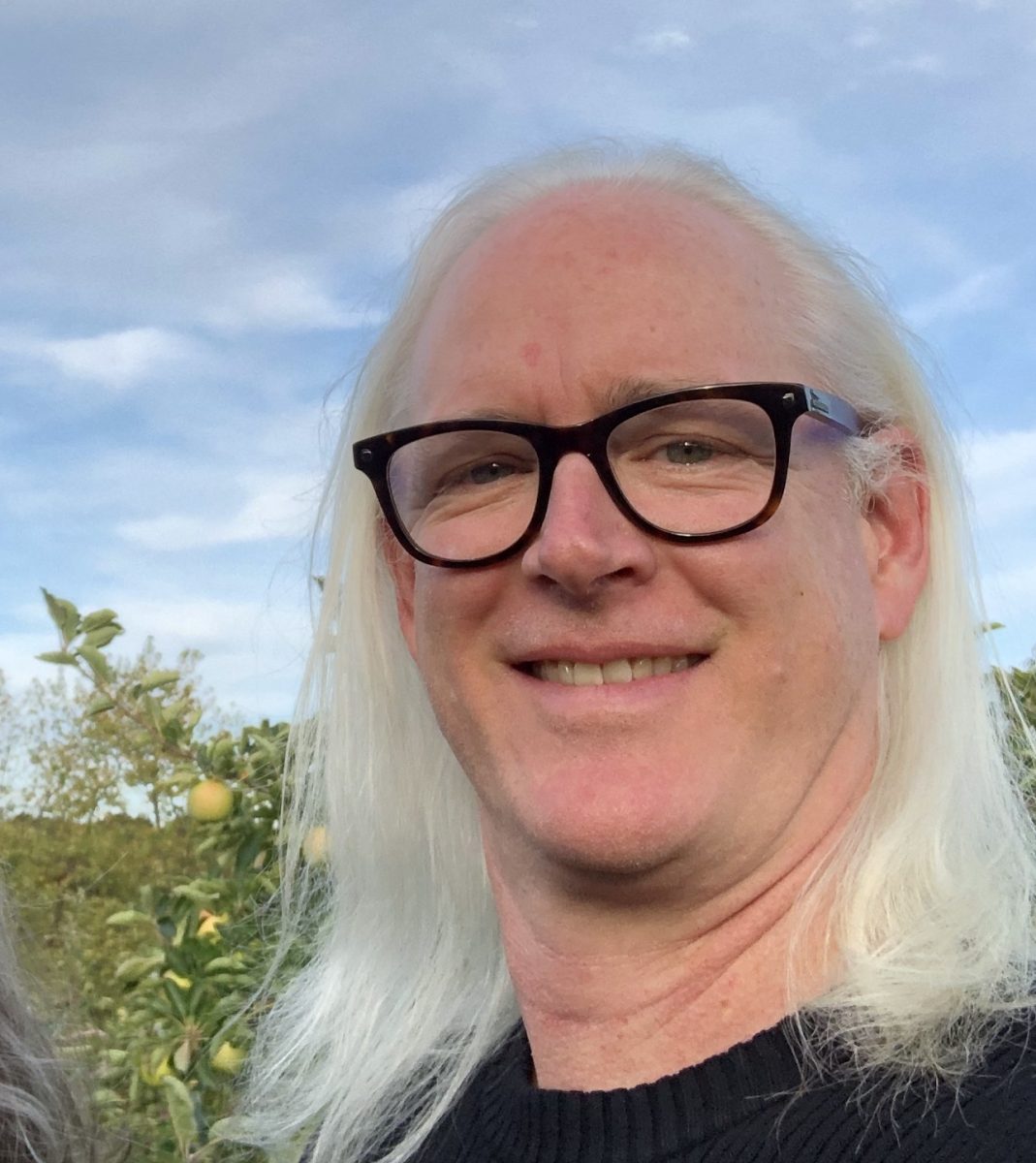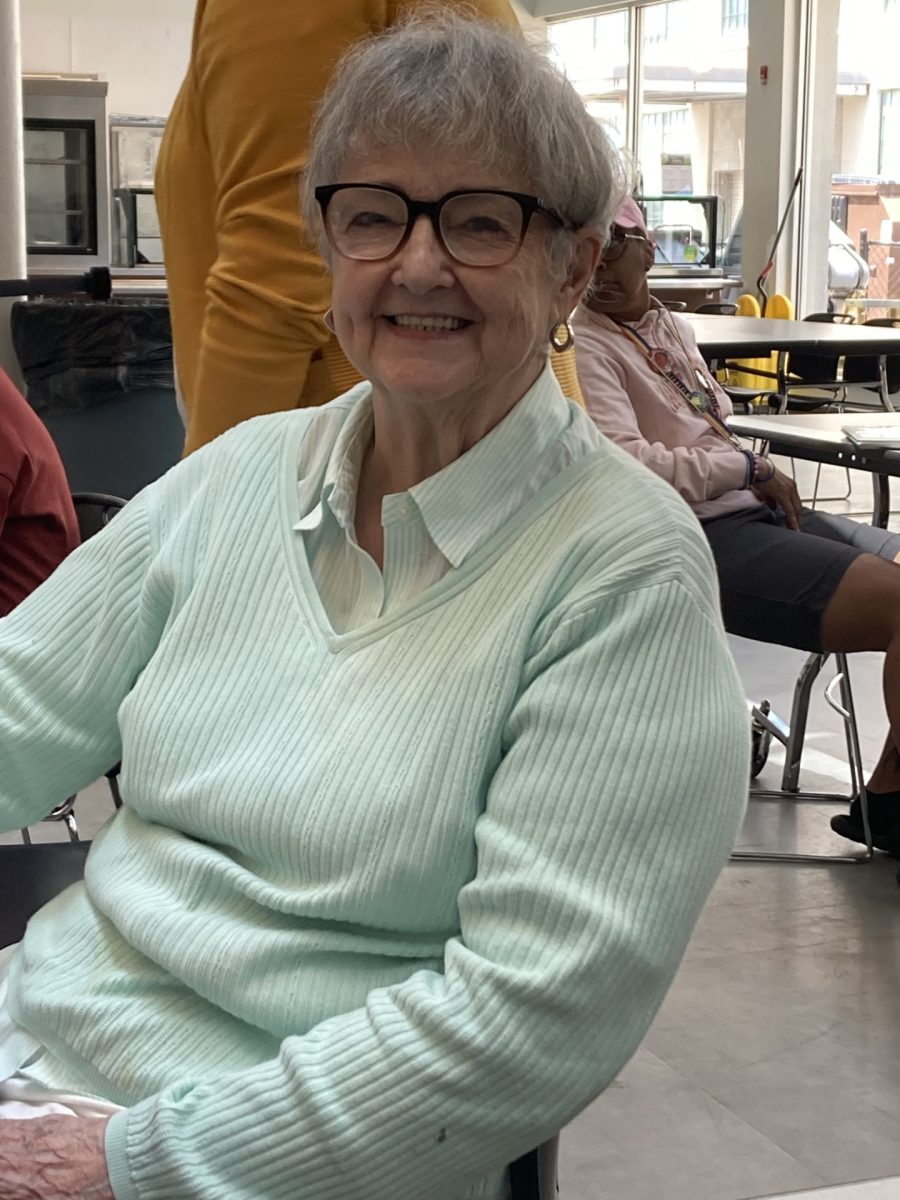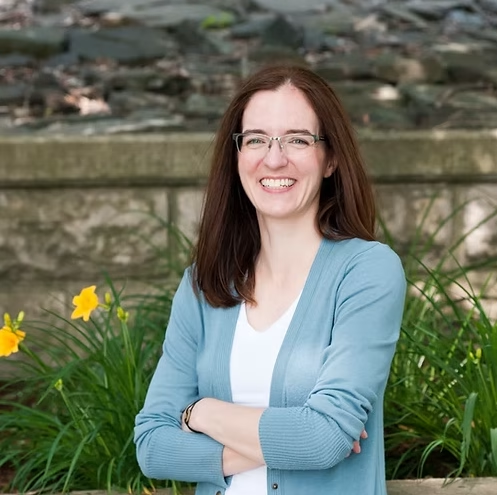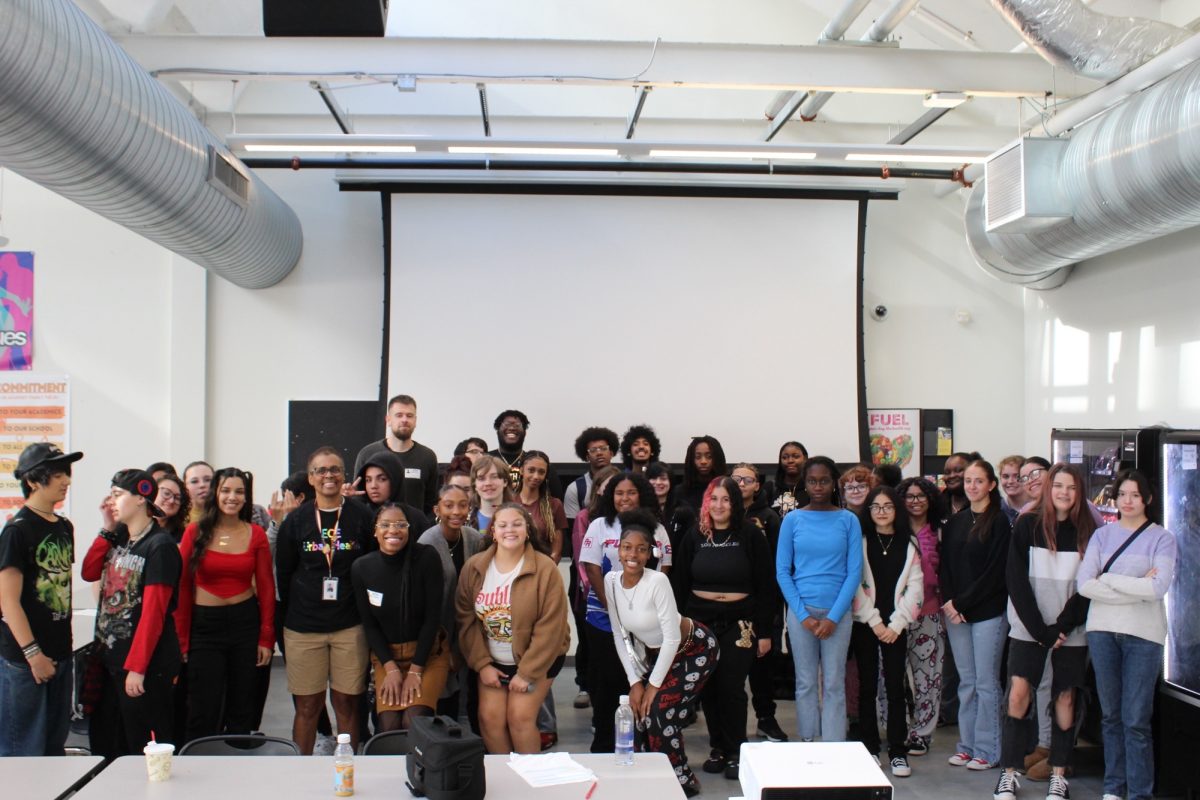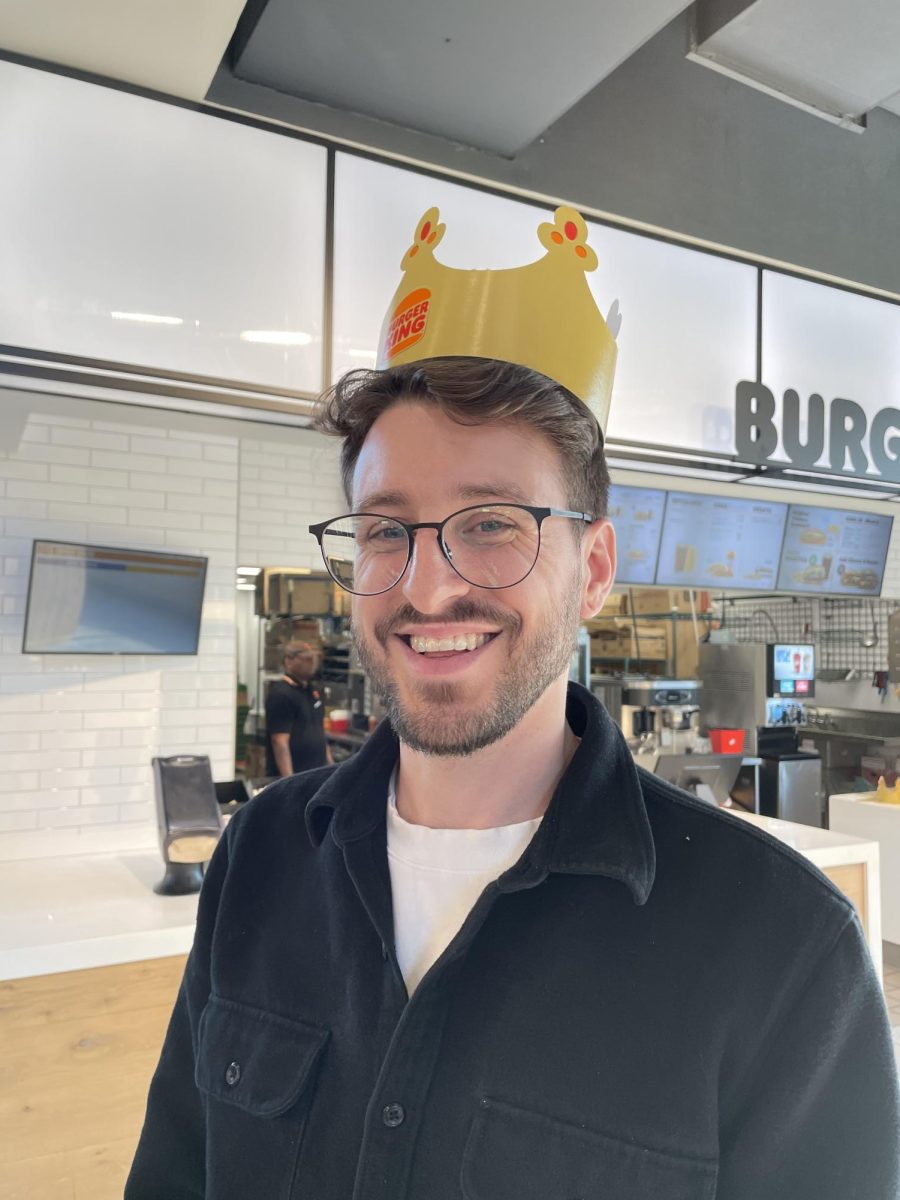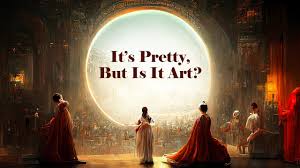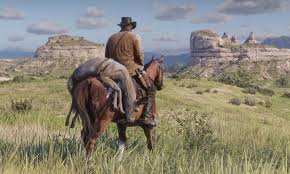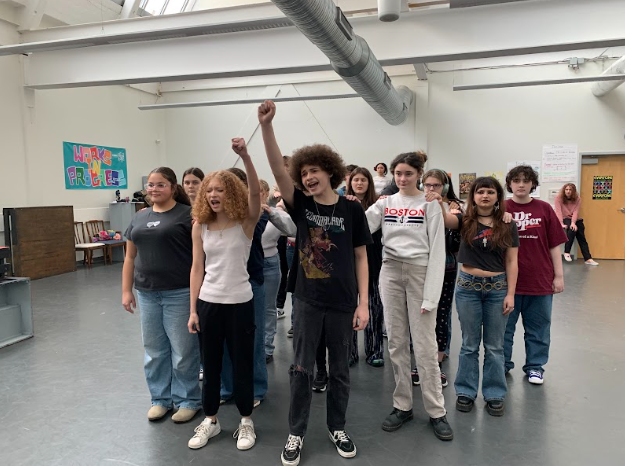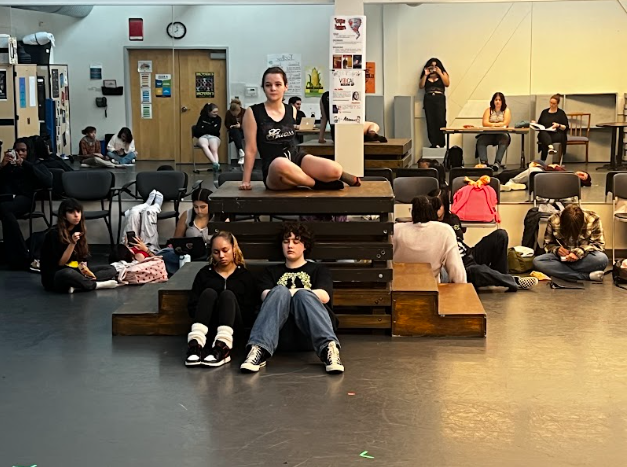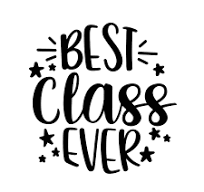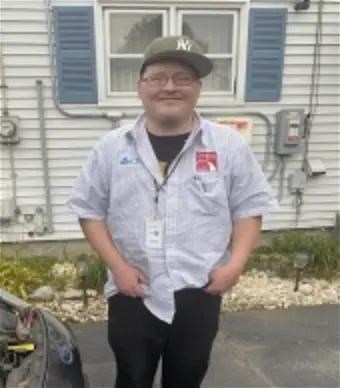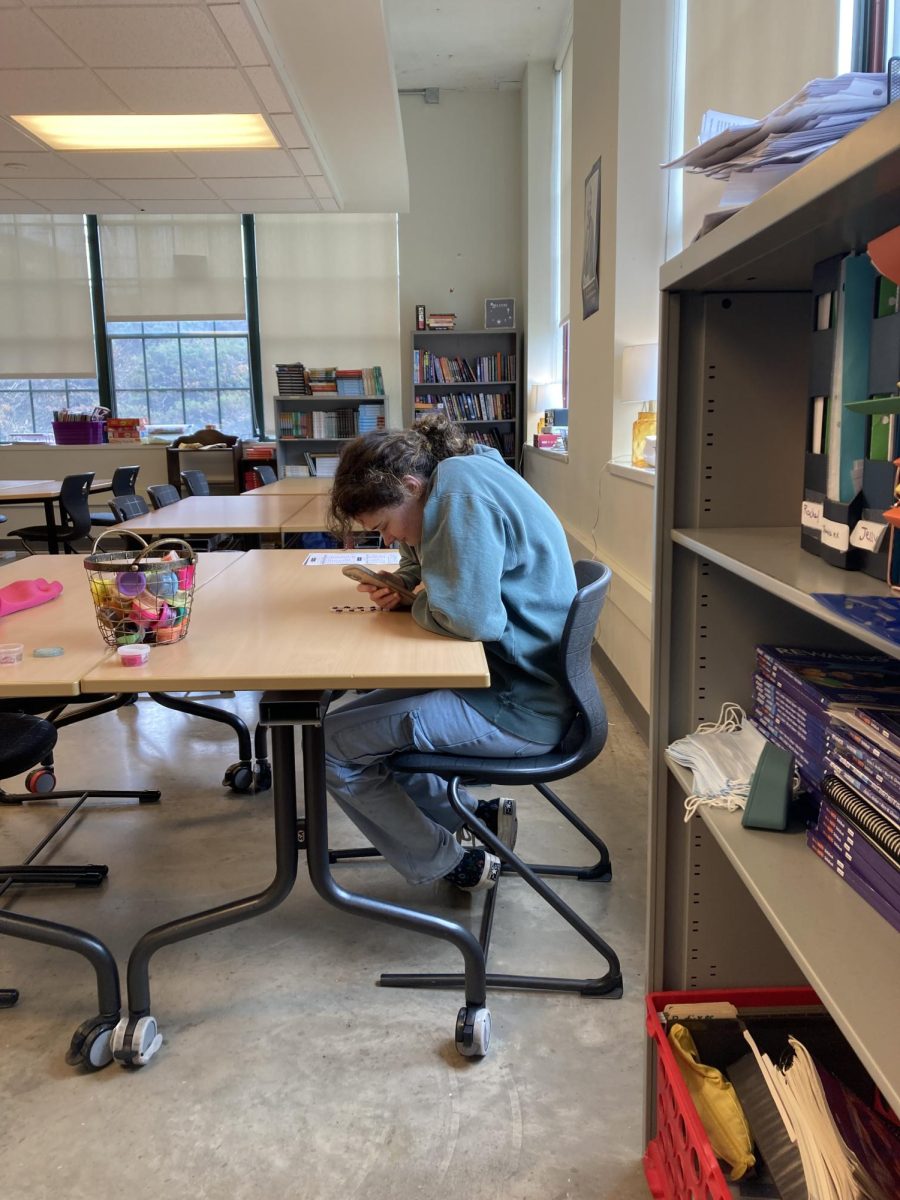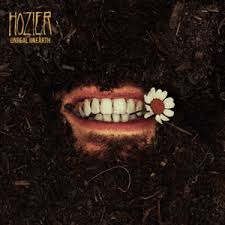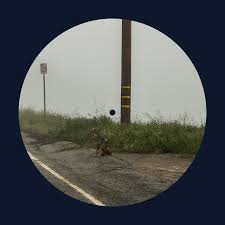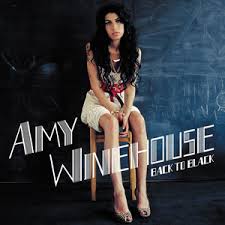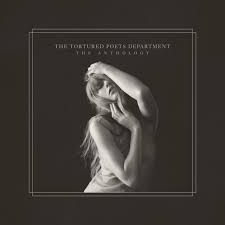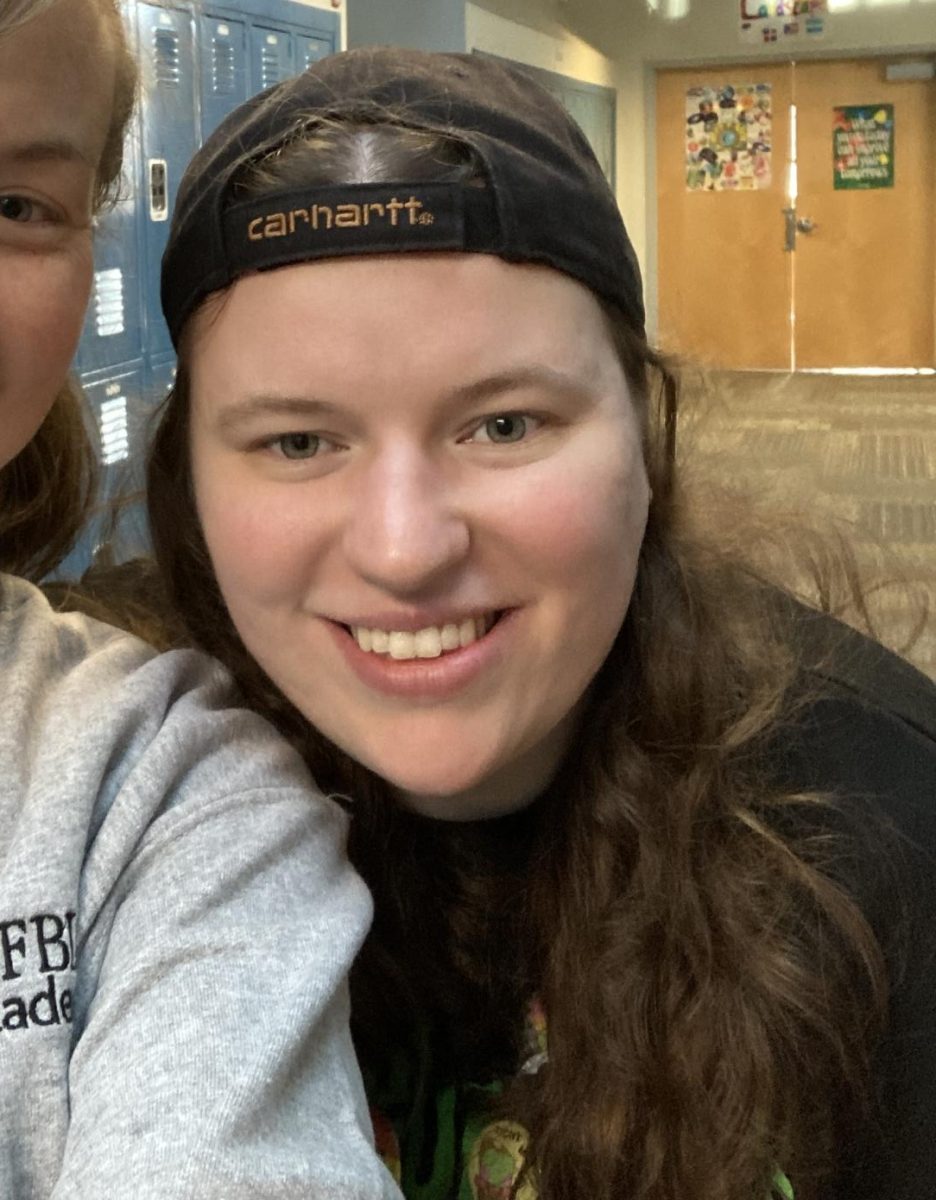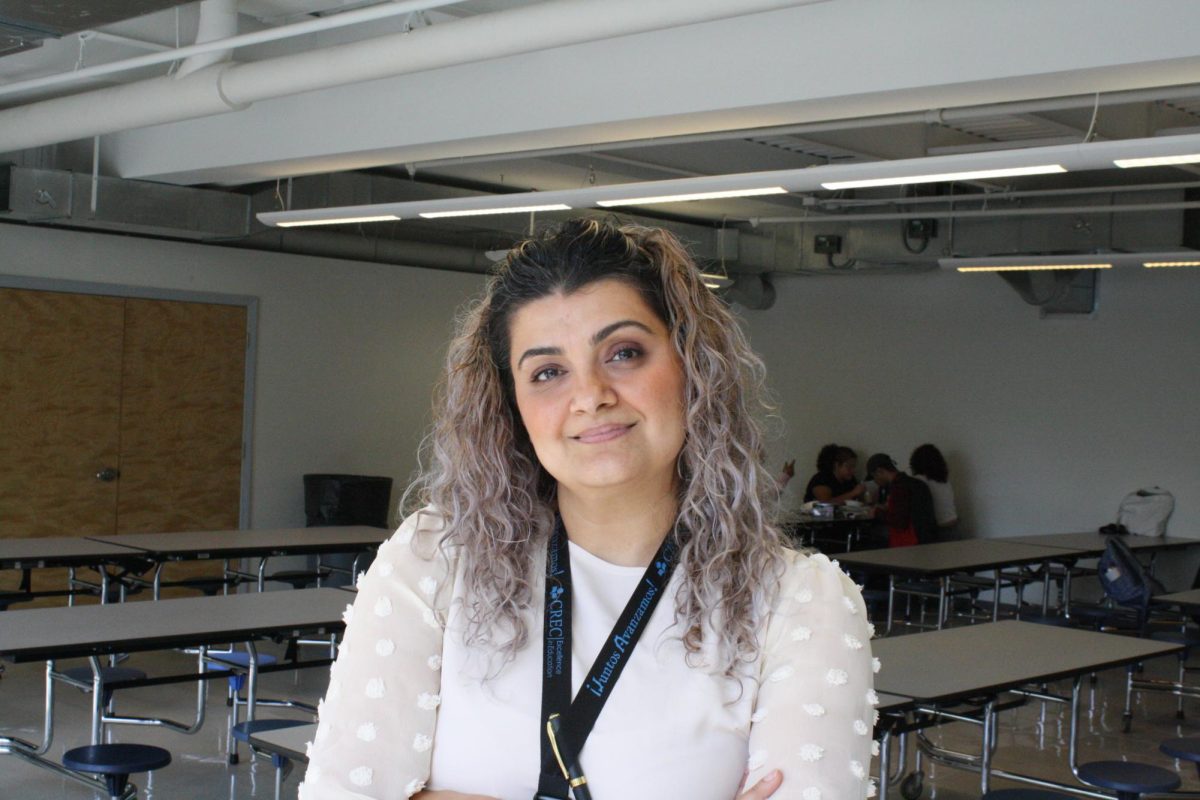- Can you tell us a little about your experience and background with education and teaching? How did you get involved in teaching? When my two older siblings went off to school, and I wasn’t yet old enough, I cried every morning they left. My dad went to Bunny’s junkyard and bought an old school desk for me. My mother and I played “teacher” every day, and we rotated roles. It was great fun. From then on, I couldn’t imagine being anything other than a teacher. Also, my dad was a teacher who regaled our family every night at dinner with the best stories about classroom experiences with his students. I thought nothing could be better. I never changed my mind and loved each of the thirty or so years I spent as an English teacher. The joy and excitement my father had in the classroom became a reality for me, as well.
- What do you love most about teaching? What do you believe is the most challenging aspect of teaching? I love every time a student has an “Aha!” moment. I know then that I have opened their minds and inspired them with a desire to learn. I love the fun that teaching and learning are. One of the most challenging aspects of teaching is being able to accommodate the diverse learning needs in each classroom, and in having the time necessary to support each student. A new and great challenge in today’s classroom is generative AI, which has upended the traditional modes of education as they pertain to reading, writing, etc.
- What do you wish more people understood about education? I think there needs to be heightened awareness that teaching is an emotionally demanding, complex, and skilled profession. Teachers deal on a daily basis with diverse learning needs in each classroom, with external factors that effect student success, and with systemic challenges.
- What can the new generation of teachers learn from veteran teachers? What do you personally believe are some of the tried and true methods and considerations that will never go out of style? I still adhere to Bill Daggett’s philosophy of education that he articulated some years ago: “Rigor, Relevance, and Relationships,” with the relationships being foundational. As the adage goes, “Kids don’t care how much you know…until they know how much you care.” This care has to be palpable, meaningful, and fun within the context of teaching and learning with a deep responsibility for student success. Good teaching goes way beyond the imparting of knowledge.
- What is the most important thing education can do for students? I think the most important thing education can do for students is to help them develop open-mindedness, which will inspire learning and bring awareness to social justice.
- Wildcard: Tell us anything you would like us to know. As a retired teacher, I am very much enjoying the opportunity I have here at GHAA to be part of its educational support staff as a paraeducator. I am happiest in the hallowed halls of academia surrounded by students, teachers, and staff who inspire my continued work in education.
Categories:
Words of Wisdom: A Conversation With Ms. Mary Giuliano
We decided to interview Ms. Mary, paraeducator of the year, about her experiences as an educator. She is a wealth of knowledge and experience.
0
Donate to Oh My GHAA!
$50
$450
Contributed
Our Goal
Your donation will support the student journalists of Greater Hartford Academy of the Arts Full Day. Your contribution will allow us to purchase equipment and cover our annual website hosting costs.
